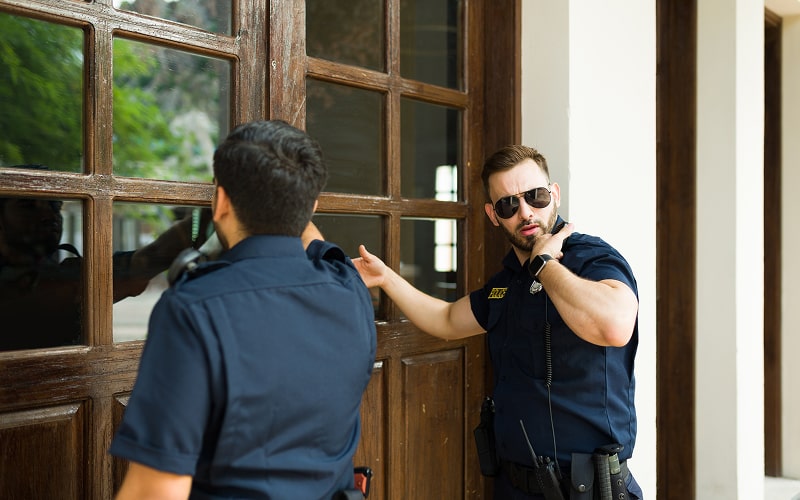
A rape allegation can feel like a tidal wave crashing down, bringing serious legal consequences and life-altering penalties. However, understanding...

A rape allegation can feel like a tidal wave crashing down, bringing serious legal consequences and life-altering penalties. However, understanding...
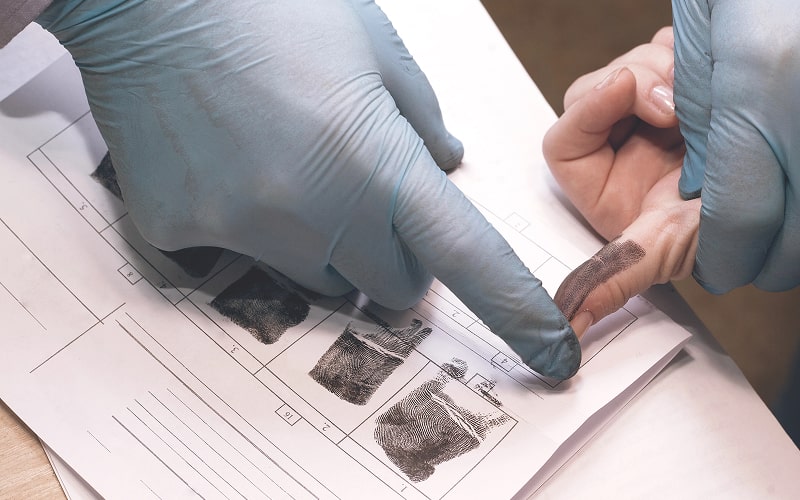
Evidence is the foundation of a rape case each piece supports the prosecution, but weak spots can cause the charges...
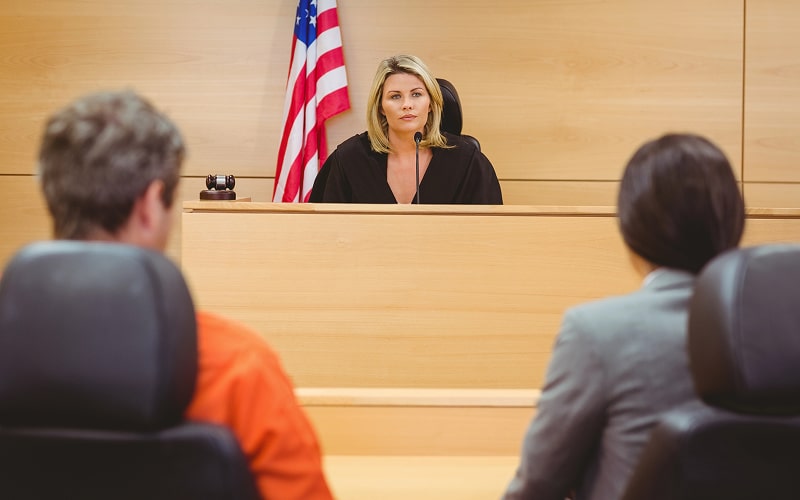
A rape accusations can feel like standing at the edge of a cliff in the dark, unsure of what lies...

A rape charge in Virginia carries severe legal consequences, including long prison sentences and lifelong restrictions. However, understanding your options...
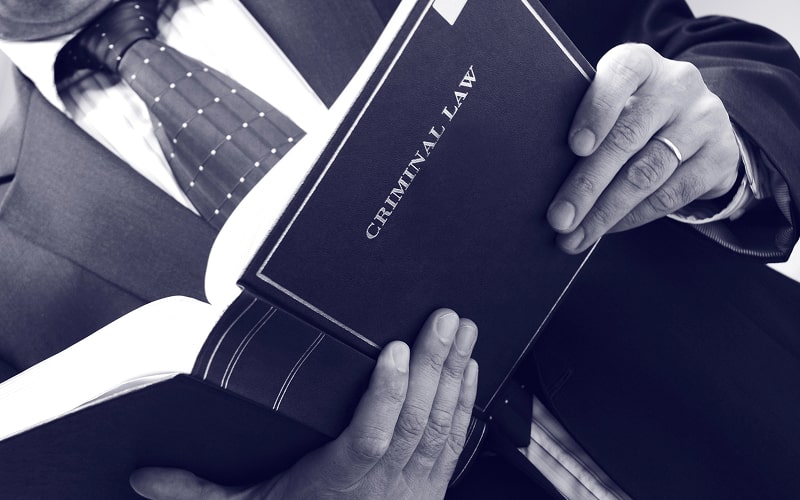
Consent functions like a green light at an intersection it must be clear, continuous, and not forced. In a rape...

The #MeToo movement sparked a global conversation about sexual misconduct, reshaping how these cases are viewed and handled in Virginia....

Being falsely accused of rape is a devastating experience. It can shake every aspect of life, from personal relationships to...
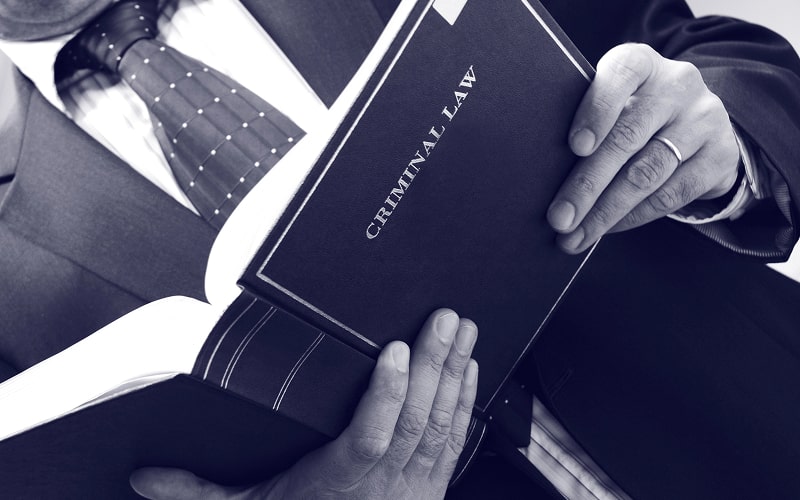
Virginia law is strict when it comes to protecting minors from sexual exploitation. Understanding statutory rape laws in Fairfax County...

Virginia law is strict when it comes to statutory rape cases. Many people assume that if they genuinely believed their...
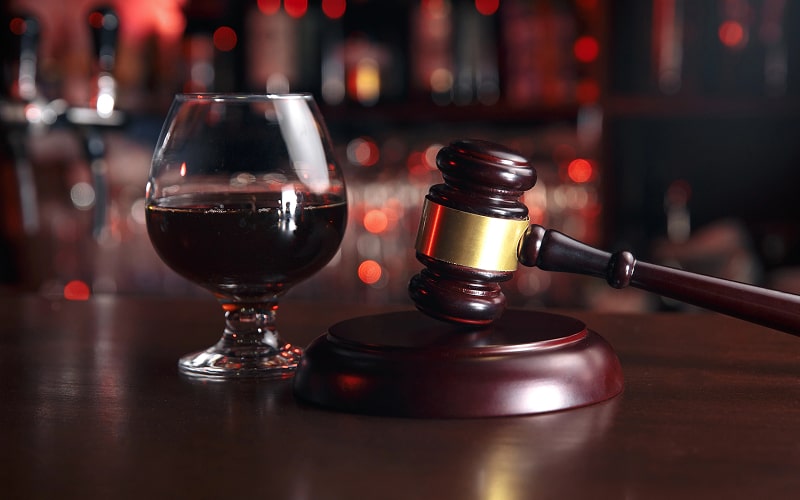
Social interactions often involve alcohol, whether at a party, a date, or a night out with friends. While drinking can...
Most Recent Posts
Categories
Tags

We are on a a mission at Fairfax County Criminal Attorneys to provide exceptional services and client satisfaction.

Gain Peace Of Mind & Protect Your Future With The Powerful & Compassionate Representation Of Fairfax County Criminal Attorneys!
Services
Copyright © 2025 Fairfax County Criminal Attorneys – All Rights Reserved.